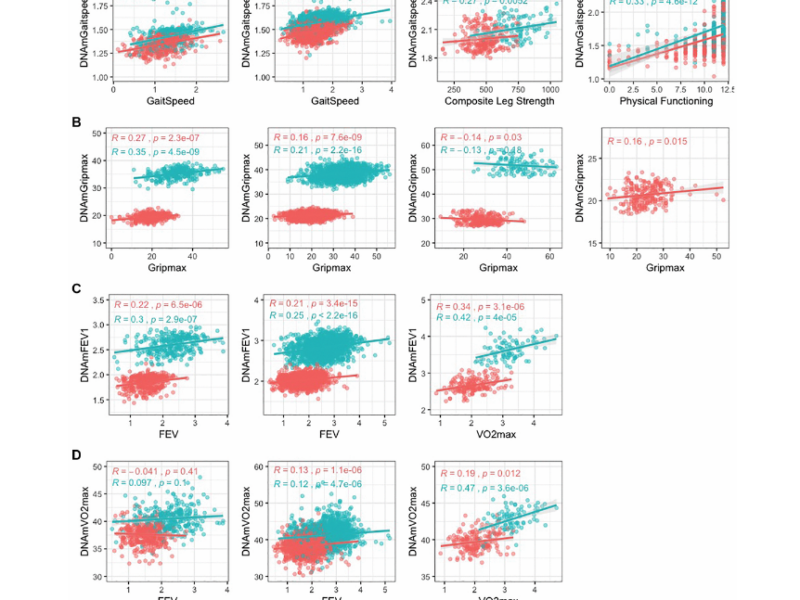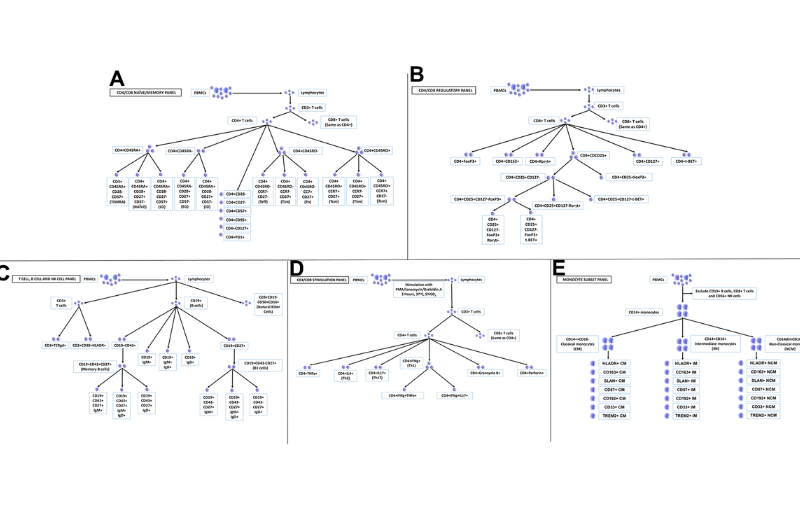Drs. Alfredo Franco-Obregón and Brian H. Kennedy from the National University of Singapore detail a research paper they co-authored that was published by Aging (Aging-US), entitled, “Brief, weekly magnetic muscle therapy improves mobility and lean body mass in older adults: a Southeast Asia community case study.”
Aging (Aging-US) Authors
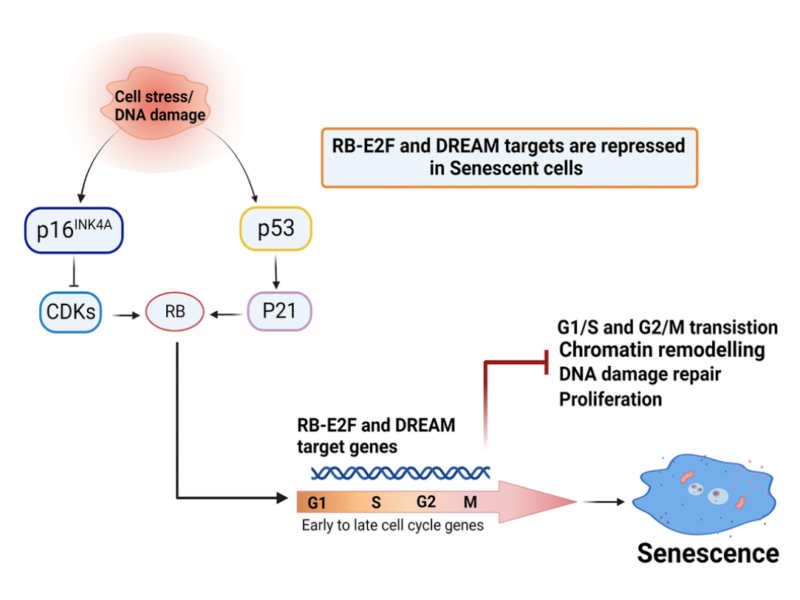
PRESS RELEASE: A new research paper was published in Aging’s Volume 15, Issue 10, entitled, “Key elements of cellular senescence involve transcriptional repression of mitotic and DNA repair genes through the p53-p16/RB-E2F-DREAM complex.”
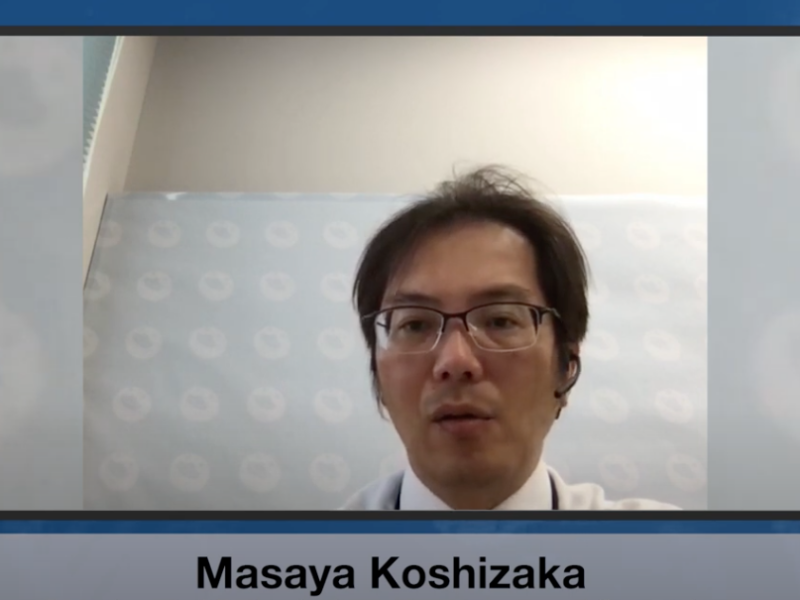
Behind the Study: Key Outcomes Observed in 3-Year Follow-Up Study Using the Werner Syndrome Registry
Dr. Masaya Koshizaka from Chiba University Graduate School of Medicine, details a research paper he co-authored that was published by Aging (Aging-US): “Renal dysfunction, malignant neoplasms, atherosclerotic cardiovascular diseases, and sarcopenia as key outcomes observed in a three-year follow-up study using the Werner Syndrome Registry.”
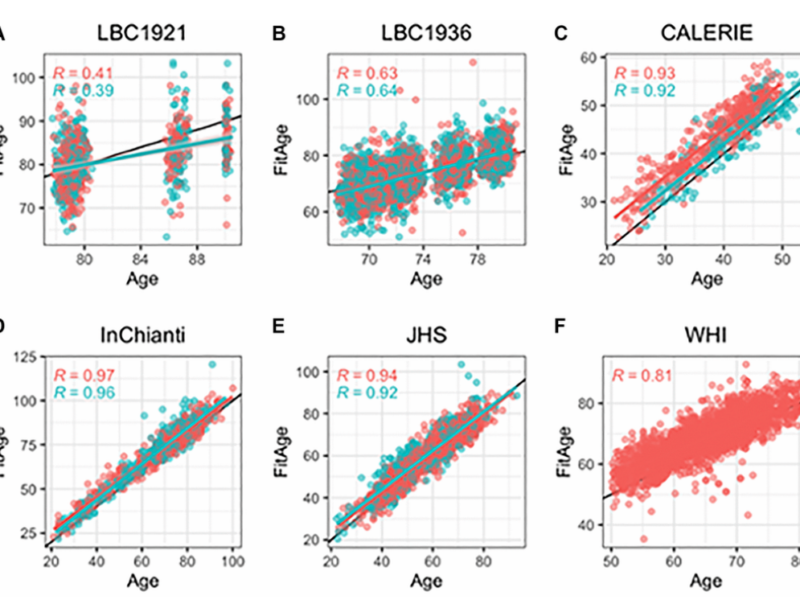
PRESS RELEASE: A new research paper was published in Aging’s Volume 15, Issue 10, entitled, “DNAmFitAge: biological age indicator incorporating physical fitness.”
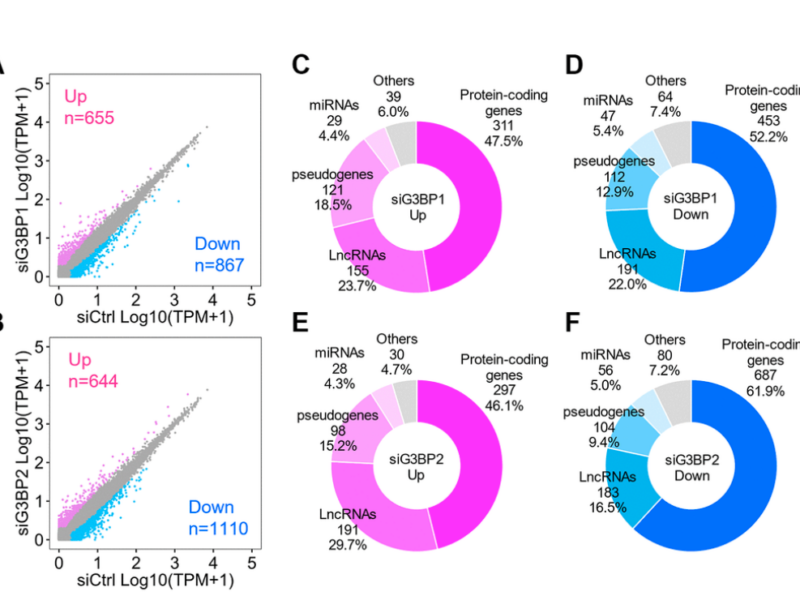
PRESS RELEASE: A new research paper was published on the cover of Aging’s Volume 15, Issue 10, entitled, “Stress granules sequester Alzheimer’s disease-associated gene transcripts and regulate disease-related neuronal proteostasis.”
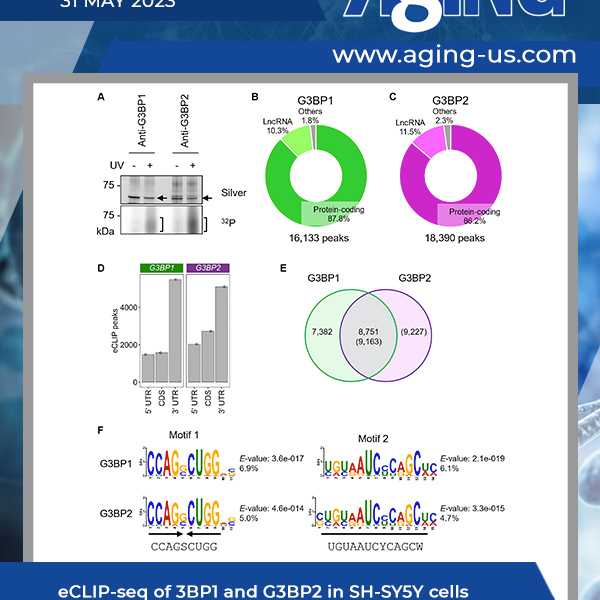
Environmental and physiological stresses can accelerate Alzheimer’s disease (AD) pathogenesis. Under stress, a cytoplasmic membraneless structure termed a stress granule (SG) is formed and is associated with various neurodegenerative disorders, including AD…
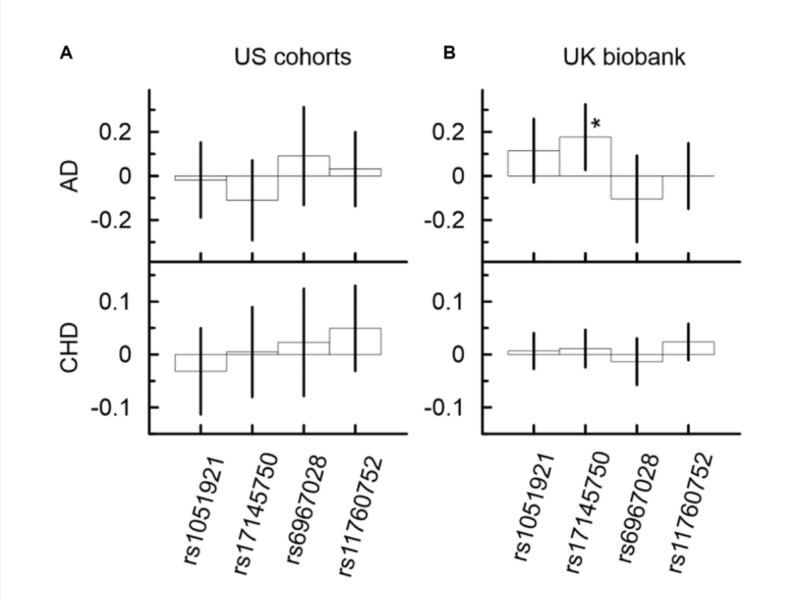
PRESS RELEASE: A new research paper was published in Aging’s Volume 15, Issue 9, entitled, “Exogenous exposures shape genetic predisposition to lipids, Alzheimer’s, and coronary heart disease in the MLXIPL gene locus.”
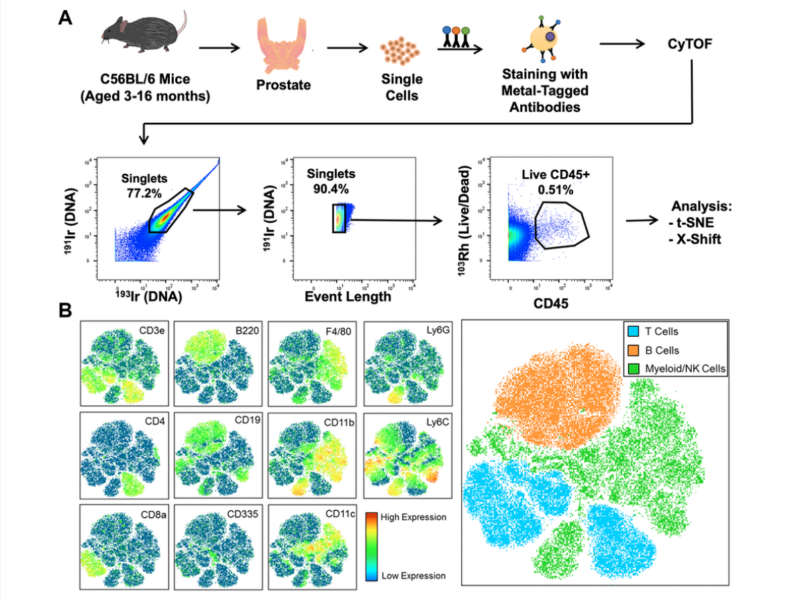
PRESS RELEASE: A new research paper was published in Aging’s Volume 15, Issue 9, entitled, “Highly multiplexed immune profiling throughout adulthood reveals kinetics of lymphocyte infiltration in the aging mouse prostate.”

